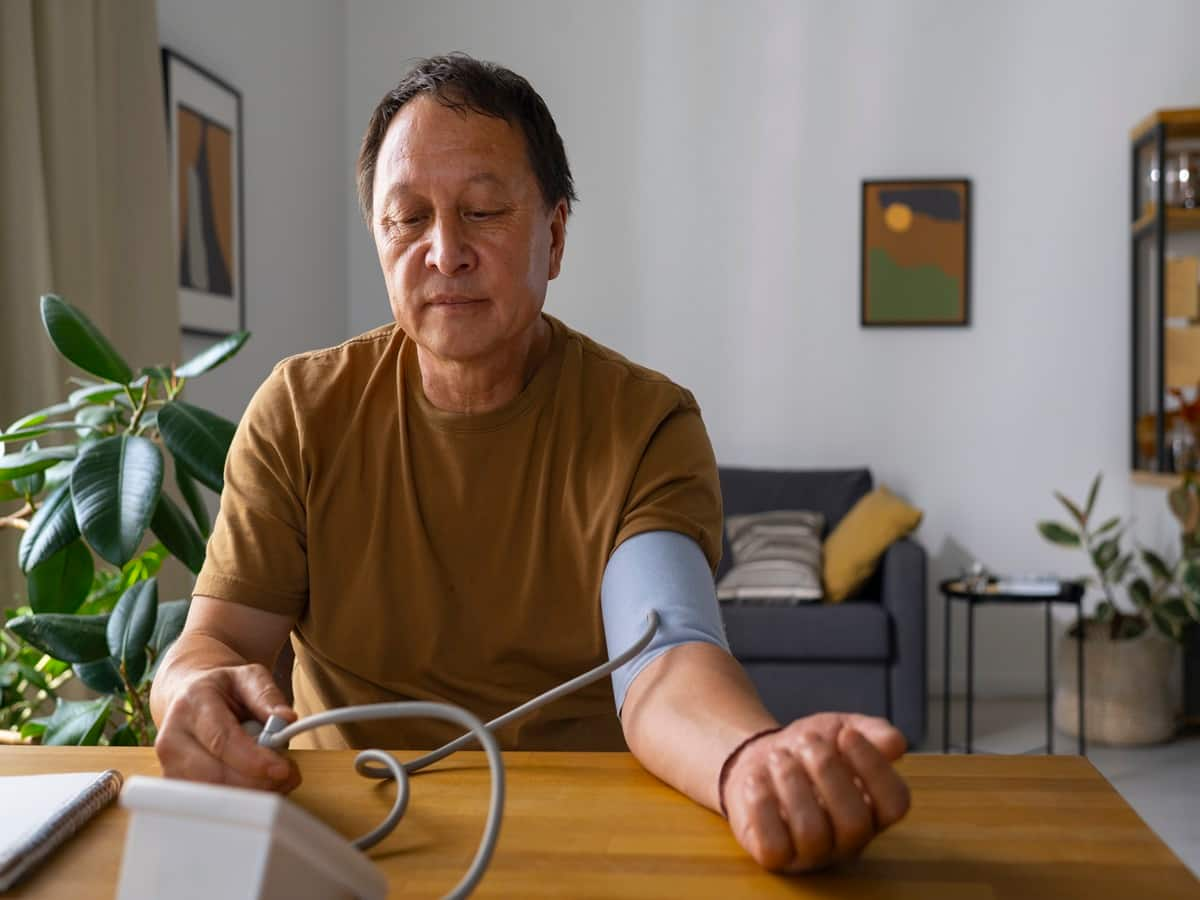Share this @internewscast.com

Self-management programs aim to improve health outcomes by helping individuals adapt to their circumstances, preventing or offsetting difficulties post-discharge.
A stroke often results in lower body mobility issues, impacting daily life and mental well-being. UBC Okanagan researchers are investigating innovative treatment approaches to address this gap in service delivery and recovery outcomes. In the wake of a stroke, individuals often face daunting challenges, particularly in reestablishing mobility and reclaiming independence in their daily lives. The impact extends beyond physical limitations, encompassing mental well-being and overall quality of life. Recognizing this pressing need, researchers at UBC Okanagan have embarked on a groundbreaking journey to redefine stroke rehabilitation. Their pioneering telerehabilitation program offers a lifeline to stroke survivors, transcending geographic barriers and bringing specialized care directly into homes. Focusing on lower body mobility, this innovative approach blends cutting-edge technology with personalized support, empowering individuals to navigate their recovery journey with newfound resilience. As we delve into the transformative potential of telerehabilitation, a brighter horizon emerges for stroke survivors, heralding a future defined by hope, progress, and restored vitality.
Challenges In Post-Stroke Recovery
Shortened inpatient stays and limited access to continued stroke rehabilitation services pose significant challenges for lower extremity recovery post-stroke. Patients struggle with balance, stability, and gait coordination, affecting their ability to perform daily activities.
Telerehabilitation Program Feasibility
Dr. Brodie Sakakibara led a national team to evaluate the feasibility of a telerehabilitation program for lower extremity recovery post-stroke. This program aims to provide accessible rehabilitation regardless of geographic location, harnessing technology and clinical expertise.
Study Design And Outcomes
Over 32 stroke survivors participated in eight telerehabilitation sessions with trained physical therapists via videoconference. The program focused on standardized exercises and self-management supports to improve lower body mobility.
Improvements In Mobility And Strength
Participants showed improvements in mobility, strength, and progress toward rehabilitation goals. They also gained self-management skills to maintain achievements beyond the program.
Therapeutic Benefits
Virtual rehabilitation programs like this offer increased accessibility, particularly for those in rural and remote areas. However, therapeutic benefits may not be sustained without continued therapy post-program.
Incorporating Self-Management Skills
Post-stroke rehabilitation interventions should incorporate self-management skills to empower participants to continue exercising and maintain benefits after the program ends.
Enhancing Continuum Of Care
Self-management programs aim to improve health outcomes by helping individuals adapt to their circumstances, preventing or offsetting difficulties post-discharge. Virtual rehabilitation programs, coupled with self-management, can enhance the continuum of care and improve the overall quality of life for stroke survivors transitioning back into the community.












